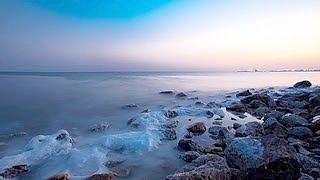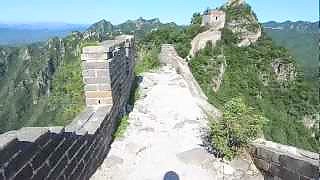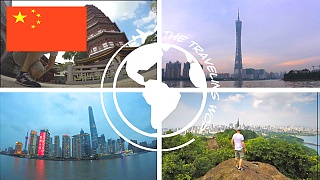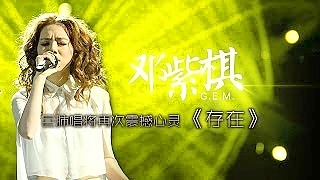
|
With Atlas Explore China ...
Travel Guide to Mount Emei
Mount Emei, a UNESCO World Heritage Site in Sichuan province, is a sacred Buddhist mountain known for its stunning landscapes, cultural significance, and unique biodiversity.
Getting There
By Air: Fly to Chengdu Shuangliu International Airport, then take a train or bus to Emeishan City.
By Train: High-speed trains connect Chengdu to Emeishan Railway Station in about 1.5 hours.
By Bus: Regular buses run from Chengdu's Xinnanmen Bus Station to Emeishan Scenic Area.
Main Attractions
Baoguo Temple
Located at the foot of the mountain, Baoguo Temple is the starting point for many visitors. The temple houses cultural relics and offers insights into Buddhist traditions.
Wannian Temple
One of the oldest temples on Mount Emei, known for its large bronze statue of Samantabhadra (Bodhisattva of Universal Benevolence).
Golden Summit (Jinding)
The peak of Mount Emei, offering breathtaking views, especially during sunrise. The massive golden statue of Samantabhadra is a highlight.
Monkey Zone
A famous area where visitors can observe wild Tibetan macaques. Exercise caution as the monkeys can be mischievous.
Qingyin Pavilion
A peaceful spot surrounded by lush greenery and flowing streams, perfect for a quiet rest during your climb.
Activities
Hiking: Explore scenic trails ranging from gentle walks to challenging climbs.
Buddhist Pilgrimage: Visit ancient temples and participate in ceremonies.
Photography: Capture stunning vistas, unique flora, and cultural landmarks.
Practical Tips
Weather: Bring layers as temperatures vary with altitude. Rain gear is essential due to frequent rain showers.
Footwear: Wear comfortable hiking shoes for the uneven terrain.
Altitude: Golden Summit is over 3,000 meters high. Take it slow to adjust to the altitude.
Wildlife: Keep your belongings secure and avoid feeding the monkeys.
Food: Try local Sichuan dishes at eateries along the route.
Mount Emei offers a perfect blend of natural beauty, spiritual significance, and cultural heritage. Whether you're seeking adventure or tranquility, this destination is sure to leave a lasting impression.
|





 China 中国 trip, August 2016 – feature length (4K)
China 中国 trip, August 2016 – feature length (4K)












